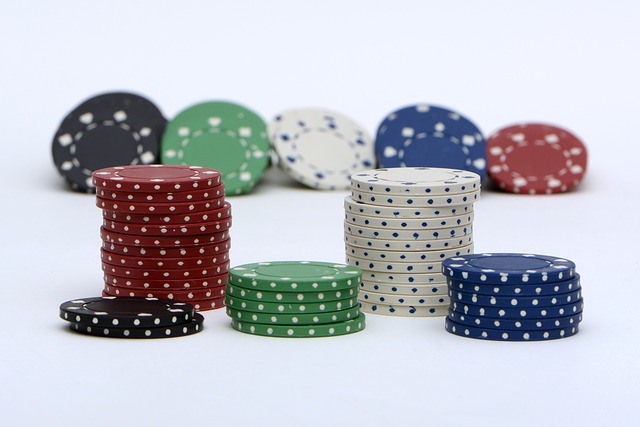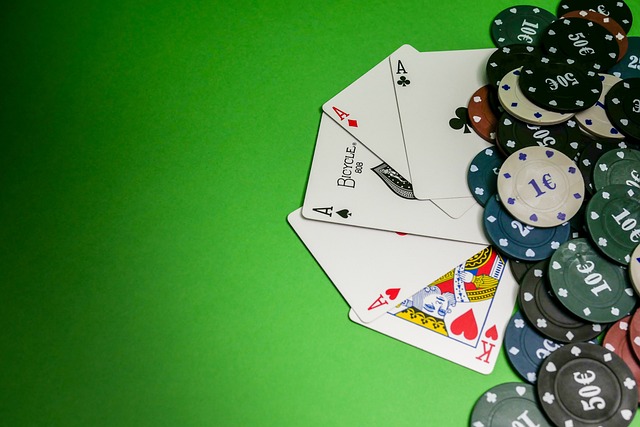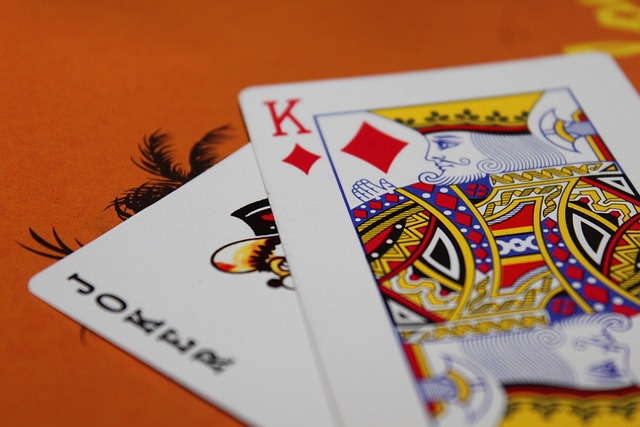Many believe that Blufful is a real art in the poker game. Many times, however, you will be on the other side of the barricade, so you will be in front of the situation to catch those who bluff in your own trap. This represents a science that few of the players who are at the beginning of the road possess; But it is perhaps more important than the ability to make a correct bluff. For the simple reason that, in total, the other eight competitors at the table will call for a bluff more often than you. As such, what are the criteria that show us quite clearly whether or not to deal with someone who is “thief” and what clues tell us if it is worth taking the risk of paying?
The opponent to be able to bluffeze

As I said above, almost all poker players bluff at some point. But some do it much rarer, which is why they build a tight player image at the table.
Trying to catch such an opponent in the trap is extremely difficult. Even if in many times you have the feeling that he is trying to steal, it is preferable to believe his story. Most of the time it will turn the better hand, so you try to identify the situations when it is even cheating on it is extremely difficult and very unhealthy for your stack.
Our advice is to give her most of the time credit to a late player and not run after the “Morgana”. Instead, target those with a Lose-Agressive style. They will use this artifice with an incomparably higher frequency, so that, in the long term, you will most likely be in advantage if you try to catch them in the trap.
The bet made by the other
Enough specialists believe that in order to be a success, a bluff must involve as many sheets as possible. As in the case of any opinion, there are pros and cons. Of course, if the opponent asks you very little, you will tend to give call. However, an overbet may not register in the logic of hands, so, even if the opponent forces you to put more chips in the possible, the chances of paying them are not necessarily smaller.
However, as a general direction to follow, we advise you to always consider the odds and the frequency with which the other tends to bluff. For this you need to carefully pursue its long -term decisions and patterns; In other words, to know the opponent as best as possible. For example, in one hand he asks for two thirds of Pot on River (can Odds 2.5/1). From a statistical point of view you have noticed, however, that in such situations, on the last street, in more than a case of 2.5, he tries to steal. As such, a call of yours here has high chances of success (and it is required), even if there are enough hands to defeat you. In the long term you will catch it by bluffy at times, and from a mathematical point of view your decision has coverage, it is justified.
Can you beat the bluff?

Often you will be surprised to see that you have interpreted your hand correctly, and the other tries to steal, but you do not have the bullets needed to answer. You have to know that the bluffs are made very rarely without absolutely nothing, enough or the opponent has a small hand, but he thinks he is not good enough at the showdown. As such, try a “Hero Call”, only with AS High, for example, is not the best thing.
Make sure you can defeat a bluff, and when you are aware that you cannot do this, call Re-Raise. However, such a variant can be very expensive, so you have to be as sure as possible that you have correctly interpreted and analyzed all the data provided by the opponent.
In conclusion, try to catch in your own traps the opponents susceptible to “theft”, but do not abuse this strategy. A correctly detected bluff will solidify your image at the table and give your opponents in perspective, when they are in pots with you, but the purpose of the game is to gather sheets, not to interpret a “policeman”. Be cautious, especially in online games, where bluffs appear much less rarely than in live poker.


